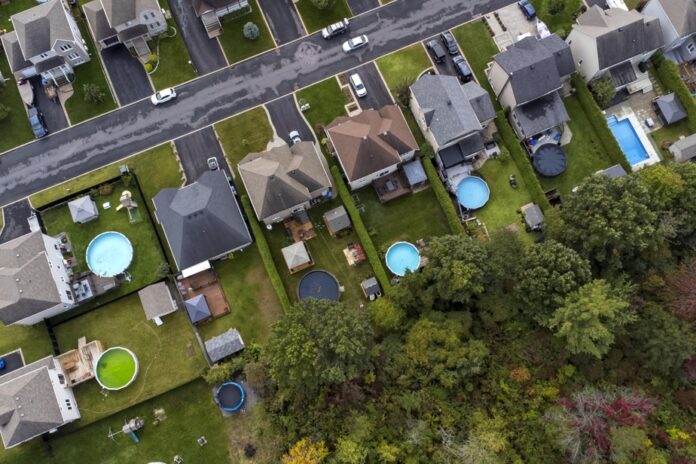It must be said, our dependence on property taxes is no longer viable. Without significant changes to municipal taxation, cities will soon be unable to finance their expenses and support their growing responsibilities with their current sources of revenue. They will increasingly be faced with harrowing decisions, thus jeopardizing the quality of life of their citizens.
According to an article by Philippe Tesceira-Lessard1, Montreal projects a deficit of $200 million for 2024, so the City is considering a series of new taxes to finance its expenses, as well as a possible reduction in services, notably the frequency of garbage collection and changes in snow loading operations.
Due to much higher costs than expected, the Îles-de-la-Madeleine city council had to put the construction of a service building at the Residual Materials Management Center on hold, a project to bring it up to standard ponds and a building used for wastewater treatment.
Similarly in Rimouski, work will have to be postponed in order to be able to finance the repair of the roof of the town hall, which exceeds the planned budget by 80%.
Not only has the cost of bids for various projects increased in many cases by between 30% and 50%, but with the significant increase in interest rates, the loan by-laws that will be financed or refinanced will penalize municipalities even more. .
Thus, in order to balance budgets and finance growing expenses, budget increases have reached up to 15%, 17% and even 28% in certain municipalities in Quebec in 2023. Considering the provincial budget announced this week, the next years do not look much better for the 1107 municipalities of Quebec.
Although any financial assistance is always welcome, the measures currently proposed to help finance municipal expenses are very limited and insufficient. We will have to continually ask for help to balance our budgets each year.
There is a clear need to consider more permanent solutions and not just budgetary measures, which are generally short-term approaches. We need structural changes to municipal taxation.
It is already evident that property taxes, in their current form, are not able to provide sufficient revenue to municipalities. According to the Research Chair in Taxation and Public Finance at the University of Sherbrooke, municipalities continue to receive the smallest share of the tax base – for every tax dollar paid by taxpayers in Quebec, they collect only 10 cents, while the provincial government receives 50 cents, the federal government 30 cents and the QPP 10 cents.
It has been demonstrated for many years that the only way to fix this fiscal imbalance is to establish a more equitable, permanent and predictable distribution of funding between all levels of government. It should be noted that wealth sharing and income diversification is nothing new: it is done in many countries all over the world. For many of the countries of the Organization for Economic Co-operation and Development, several types of taxation are used in a complementary manner.
Since taxpayers are already overtaxed in Quebec, it is therefore necessary for municipalities to mobilize to demand a rebalancing of existing sources of revenue and to initiate a constructive dialogue between the three levels of government in order to be able to meet the challenges municipalities face.


















